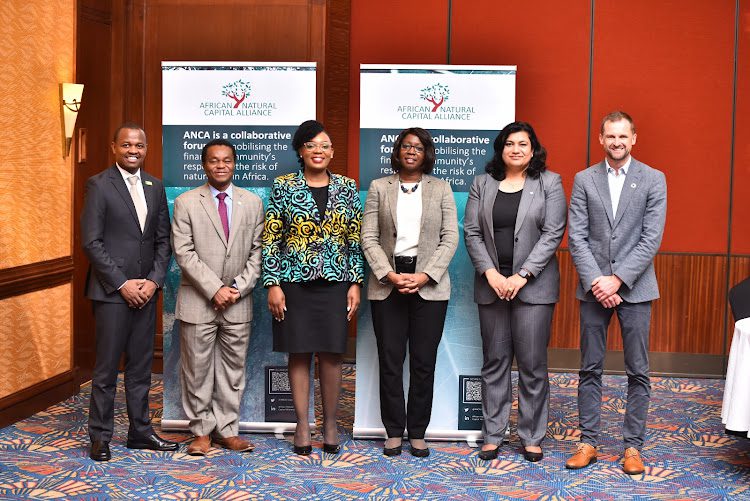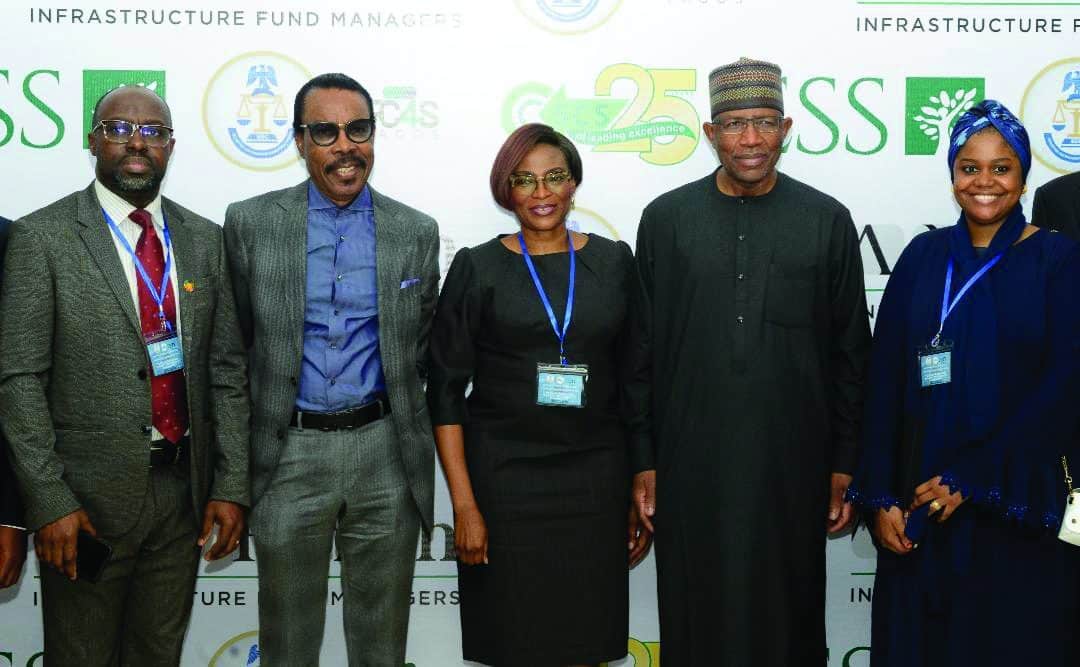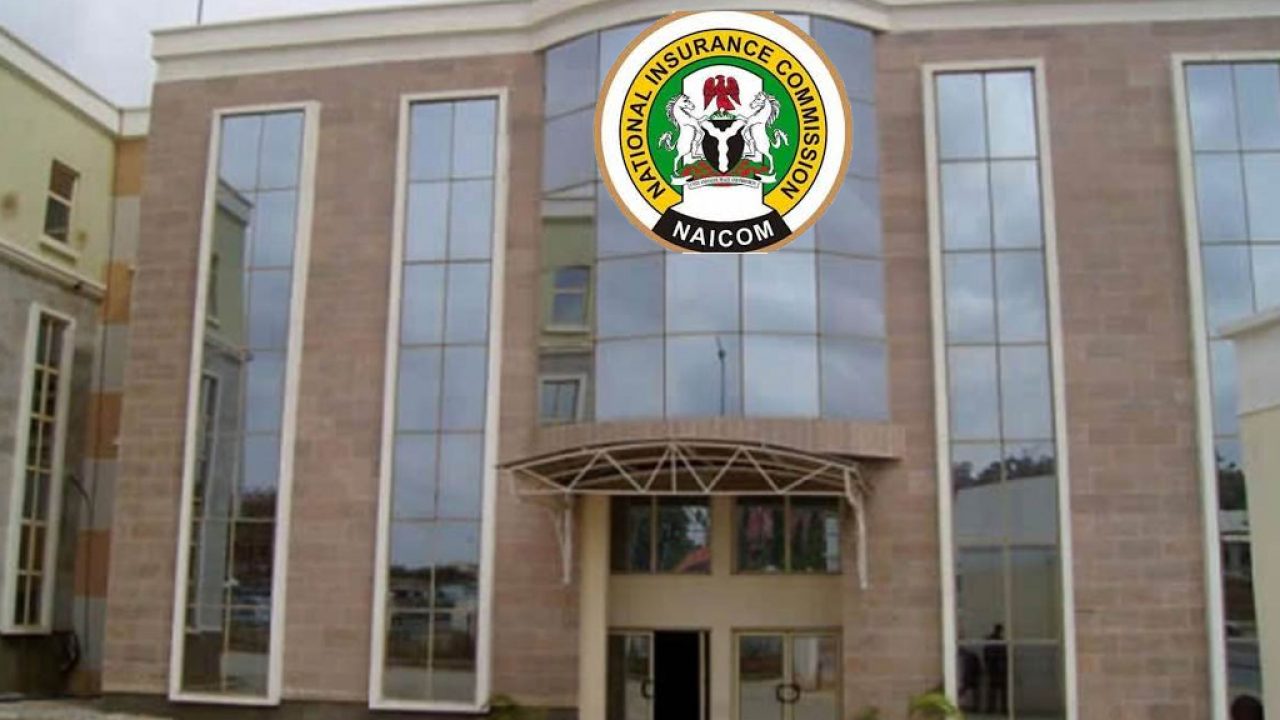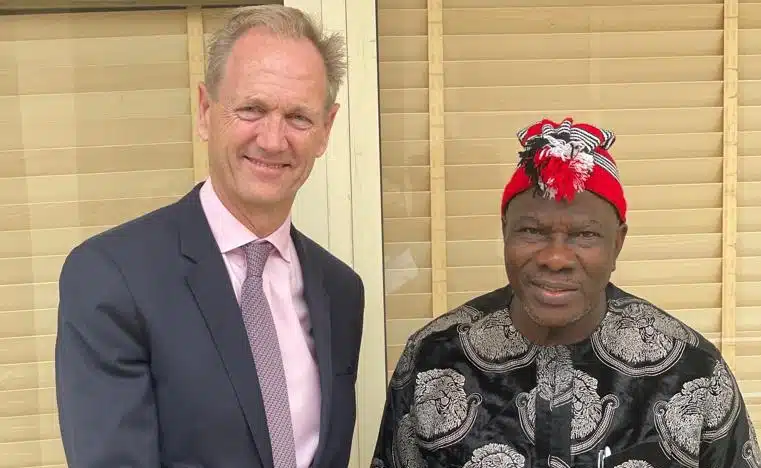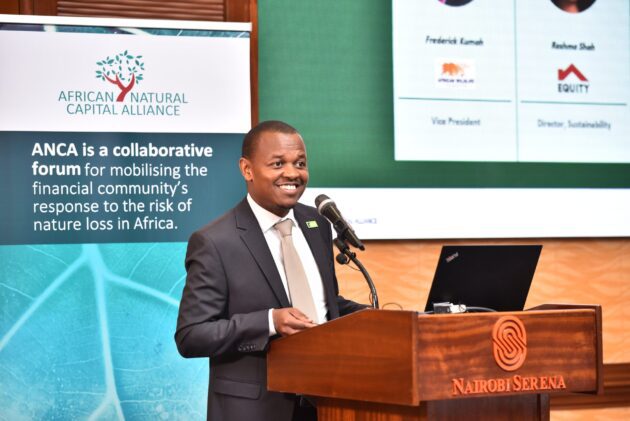hen coming to power in 2018, a new Ethiopian government embarked on an ambitious path of reform, inspiring widespread optimism at home and abroad.
After political changes backfired, oppressive practices returned, and the efforts at economic modernization have suffered from the turbulence.
Amid these efforts, Ethiopia’s economy has been grappling with severe challenges, both exogenous, like the disruption to global supply chains and high energy prices, and endogenous, such as conflicts and chronic drought.
Yet the government’s approach, including inconsistent fiscal and monetary policies, aggravates the problems.
According to Fitch Ratings, which again recently downgraded Ethiopia’s credit rating, the country is now at “significant risk of default”, directly attributed to low foreign currency reserves and lack of a convincing strategy to replenish them.
The projected deficit of the 2022/23 budget is 281 billion birr out of an approved 800 billion birr. Underlining the constraints, State Minister for Finance Eyob Tekalign recently hinted that the government payroll may have to be slimmed down.
In addition, the Civil Service Commission has approved a bill that allows public servants to hold two roles at the same time. The state minister also confirmed that the Ministry of Finance will not be able to meet any supplementary budget requests.
Capital Policies
It is in this environment that the government is seeking to establish a capital market for the government, businesses, and individuals to buy and sell securities, such as bonds, stocks, and derivatives.
The National Bank of Ethiopia’s 2021 Capital Markets Proclamation proposed a ten-year implementation plan structured around four pillars: market development, capacity development, infrastructure development, and policy reviews.
The law established the Ethiopian Capital Market Authority and led to the creation of the Ethiopian Securities Exchange in late 2022 under the supervision of the Ministry of Finance and guidance of FSD Africa.
The ESX launched fundraising efforts in May 2023 by selling 75 percent of its equity with 25 percent held by Ethiopian Investment Holdings, a new sovereign wealth fund.
While these policies are geared towards a desirable goal—as a fully functioning capital market would eventually boost investment—given Ethiopia’s currently challenging socio-economic landscape, it is a risky move, and so needs to be carefully prepared for and sequenced with other economic policies.
Monetary Fragility
First of all, Ethiopian policy makers need to address the risk of a sovereign default. The government has been struggling to meet interest payments on its debt in recent years as hard currency reserves dwindled.
The balance of payments crisis emerged as growth, loans, grants, investments, and exports all slumped or stagnated, the latter not helped by the U.S.’s removal of duty-free market access on textiles and other selected goods due to Washington’s concerns over the conduct of the Tigray war.
Furthermore, reforms have been impeded not just by economic conditions and political turmoil but also by restrictive regulatory action.
In early 2021, Ethiopia appealed to the International Monetary Fund (IMF) for help. The negotiations, partly over debt restructuring, have progressed since and, since April 2023, Ethiopia was rumored to be in line for a $2-billion bailout.
Devaluation Dangers
While this would provide much-needed hard currency, the IMF is likely to urge liberalization of the exchange-rate regime, which in Ethiopia’s case would surely mean a drop in the over-valued birr.
This would bring its own set of challenges.
In the long run, devaluation might attract foreign investment by lowering production costs and making Ethiopian exports more competitive. However, in the short run, a rise in import and debt-servicing costs could exacerbate the foreign exchange crunch and reinforce inflationary pressures.
Therefore, Ethiopia’s central bank would need to impose higher interest rates to curb inflation, increasing borrowing costs for businesses and consumers. This would deter some of the foreign investors that the Ethiopian stock market aims to attract.
These worries partly explain why the government has so far resisted exchange-rate liberalization or another major central bank-driven devaluation.
Real Risk
Fortunately, there are measures to mitigate these risks, such as the government intervening in currency markets to shore up the value of the birr (which may explain reports that Addis is seeking as much as $12 billion from the IMF and other sources), and investors seeking assets like real estate that tend to increase in value during inflationary periods.
But this latter remedy comes with yet another bitter pill: while it might work for investors, it may well not for the public.
In fact, as Ethiopia’s real estate sector has become one of the main magnets for investment, it poses a concentration risk, meaning the simultaneous and heightened losses that arise when unfavorable circumstances hit a portfolio largely consisting of a single asset.
hen coming to power in 2018, a new Ethiopian government embarked on an ambitious path of reform, inspiring widespread optimism at home and abroad.
After political changes backfired, oppressive practices returned, and the efforts at economic modernization have suffered from the turbulence.
Amid these efforts, Ethiopia’s economy has been grappling with severe challenges, both exogenous, like the disruption to global supply chains and high energy prices, and endogenous, such as conflicts and chronic drought.
Yet the government’s approach, including inconsistent fiscal and monetary policies, aggravates the problems.
According to Fitch Ratings, which again recently downgraded Ethiopia’s credit rating, the country is now at “significant risk of default”, directly attributed to low foreign currency reserves and lack of a convincing strategy to replenish them.
The projected deficit of the 2022/23 budget is 281 billion birr out of an approved 800 billion birr. Underlining the constraints, State Minister for Finance Eyob Tekalign recently hinted that the government payroll may have to be slimmed down.
In addition, the Civil Service Commission has approved a bill that allows public servants to hold two roles at the same time. The state minister also confirmed that the Ministry of Finance will not be able to meet any supplementary budget requests.
Capital Policies
It is in this environment that the government is seeking to establish a capital market for the government, businesses, and individuals to buy and sell securities, such as bonds, stocks, and derivatives.
The National Bank of Ethiopia’s 2021 Capital Markets Proclamation proposed a ten-year implementation plan structured around four pillars: market development, capacity development, infrastructure development, and policy reviews.
The law established the Ethiopian Capital Market Authority and led to the creation of the Ethiopian Securities Exchange in late 2022 under the supervision of the Ministry of Finance and guidance of FSD Africa.
The ESX launched fundraising efforts in May 2023 by selling 75 percent of its equity with 25 percent held by Ethiopian Investment Holdings, a new sovereign wealth fund.
While these policies are geared towards a desirable goal—as a fully functioning capital market would eventually boost investment—given Ethiopia’s currently challenging socio-economic landscape, it is a risky move, and so needs to be carefully prepared for and sequenced with other economic policies.
Monetary Fragility
First of all, Ethiopian policy makers need to address the risk of a sovereign default. The government has been struggling to meet interest payments on its debt in recent years as hard currency reserves dwindled.
The balance of payments crisis emerged as growth, loans, grants, investments, and exports all slumped or stagnated, the latter not helped by the U.S.’s removal of duty-free market access on textiles and other selected goods due to Washington’s concerns over the conduct of the Tigray war.
Furthermore, reforms have been impeded not just by economic conditions and political turmoil but also by restrictive regulatory action.
In early 2021, Ethiopia appealed to the International Monetary Fund (IMF) for help. The negotiations, partly over debt restructuring, have progressed since and, since April 2023, Ethiopia was rumored to be in line for a $2-billion bailout.
Devaluation Dangers
While this would provide much-needed hard currency, the IMF is likely to urge liberalization of the exchange-rate regime, which in Ethiopia’s case would surely mean a drop in the over-valued birr.
This would bring its own set of challenges.
In the long run, devaluation might attract foreign investment by lowering production costs and making Ethiopian exports more competitive. However, in the short run, a rise in import and debt-servicing costs could exacerbate the foreign exchange crunch and reinforce inflationary pressures.
Therefore, Ethiopia’s central bank would need to impose higher interest rates to curb inflation, increasing borrowing costs for businesses and consumers. This would deter some of the foreign investors that the Ethiopian stock market aims to attract.
These worries partly explain why the government has so far resisted exchange-rate liberalization or another major central bank-driven devaluation.
Real Risk
Fortunately, there are measures to mitigate these risks, such as the government intervening in currency markets to shore up the value of the birr (which may explain reports that Addis is seeking as much as $12 billion from the IMF and other sources), and investors seeking assets like real estate that tend to increase in value during inflationary periods.
But this latter remedy comes with yet another bitter pill: while it might work for investors, it may well not for the public.
In fact, as Ethiopia’s real estate sector has become one of the main magnets for investment, it poses a concentration risk, meaning the simultaneous and heightened losses that arise when unfavorable circumstances hit a portfolio largely consisting of a single asset.
Read original article



